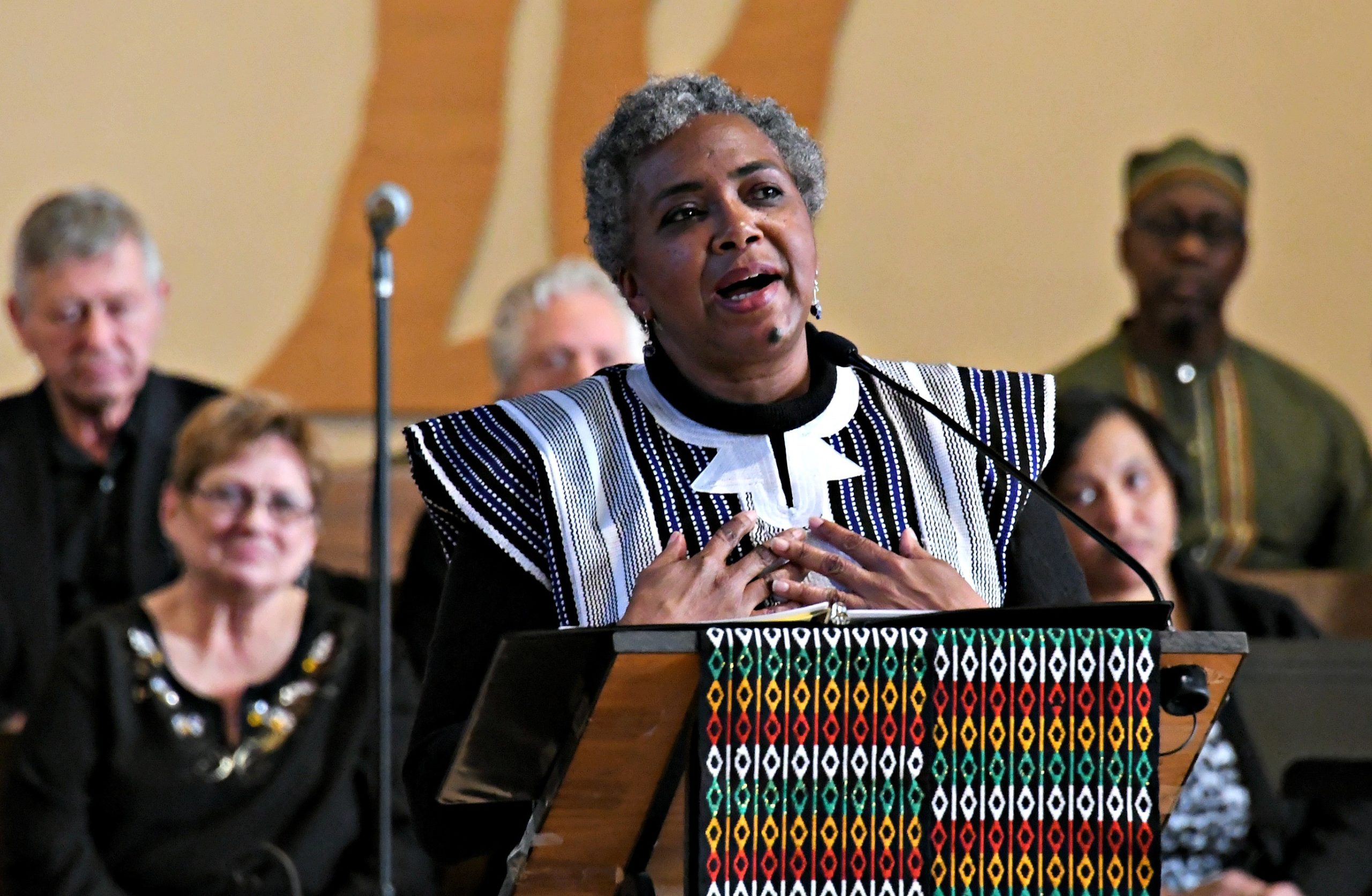The Canonization of Fr. Augustus Tolton
This is the third in a three-part series on the canonization of Fr. Augustus Tolton.
Regarding institutional racism of people of African descent, I assert that to break our history’s intransigence, as described by Bishop Perry, there needs to be a reckoning. The reckoning lives in the realm of ownership, authenticity and inclusivity: an ownership of the history and the complicit role of the Church. An authentic acknowledgment of the role the Catholic Church had in the treatment of Black people, from the Papal Bull of 1452 that gave Spain and Portugal permission to invade, capture and enslave people, to the Second Plenary Council of 1866, which focused on the newly arriving Eastern European immigrants and excluded the newly freed people who were enslaved. These actions provided a framework that marginalized people of African descent within the Church in tandem with segregation and emerging Jim Crow laws.
Still, Black people yearn for an inclusivity that fully embraces everyone on an equal level. I don’t mean in a patronizing way, but with a voice and a seat at the table; conceivably where voices can be heard and acknowledged without being marginalized for having a different point of view, allowing one to engage in an equitable process, shedding the dominant perspective and accepting all in a just, moral and honorable way. Too many times, Black people are given symbolic positions that have no real power other than to give the impression that progress has been made in race relations.
The reckoning begins with an apology; a bona fide, palpable, authentic, sorrowful apology — one that decries justification and explanation, one that transcends rationalization due to the time and era, one that is simply honest and wholehearted. It is disheartening that we did not see evidence of that in the recent pastoral, Open Wide our Hearts. We as Black people were still separated. Who is the “Our?” Even the most discerning eye can see the Church maintains the separation of people based on race as they did in an earlier pastoral, Brothers and Sisters to Us. This premise keeps the promise of solidarity and equity outside of reach.
One of the things that stood out for me about Fr. Tolton is that he is described as a colored priest or a Negro; as if this is some type of dastardly designation as opposed to just being another human being. These descriptions wittingly or unwittingly live with us for all time. Because of the exclusion, Blacks have sought to have their own. In a way, this crystallizes the divide anchoring us to always make such distinctions between each other. We all participate in it with our use of language, though not intending to divide, yet doing so.
Although the world occurs to me sometimes as half empty, let me offer one that is half full. We have a big hill to climb. So often, it is hard to know how to approach it. I read an article in the New York Times recently that the Jesuits have raised $100 million to atone for slavery. It is a form of reparations and a way to repair the harm. They describe it as an opportunity for truth and reconciliation. The money will be placed in a foundation in partnership with some of the descendants of enslaved people once owned by the Jesuits going back to 1838. It’s one of the largest financial commitments in this country to heal the wounds of slavery. It opens the door. It yields the possibility of hope. Hope beckons us to step into the unknown without a clear understanding of the result. Hope offers us a chance to shed all we’ve been holding on to and to walk through the fire fearing not the pain. Hope empowers us to transcend our limitations. In essence, it is the power of the Resurrection — the belief that Jesus died for our sins and was resurrected so that we could start anew. It is this hope, faith and love that we call upon to sustain us for the forgiveness of our sins — those of omission and commission.
Fr. Augustus Tolton has all of the attributes of a saint for our times. He is a source of inspiration and a beacon of hope. His story is heartbreaking and yet, victorious. He did more in his 11 years as a priest and arguably accomplished more in that short time span than some priests do in a lifetime. We stand on his shoulders as a testament of faith, love, devotion, patience, endurance, kindness and reverence. He is a model for all of us in our pursuit to truly be a Universal Church. He is an example of what it means to be in solidarity with one another, despite our race and all of the other ways we separate ourselves.
I am thankful that the Archdiocese of Chicago is leading the way for his sainthood. I am especially inspired by the journey of Bishop Perry, who has dutifully taken on that charge. It is with a valiant spirit that I invite you to join in a daily prayer for the next sign, a life-saving miracle, toward his quest for sainthood.
Amanda Gorman, poet laureate, captured the hearts of everyone on Inauguration Day this past January when she proclaimed, “When day comes, we step out of the shade, aflame and unafraid. The new dawn blooms as we free it, for there is always light, if only we’re brave enough to see it, if only we’re brave enough to be it.”
Thank you, Fr. Augustus Tolton for being the brave light that has the secret to set us free. We carry the spirit of your strength with us in our hearts and pray that your light will shine with modern-day saints such as Mother Theresa, Sr. Katherine Drexel, Sr. Josephine Bahkita and others. Amen!

Celia Jackson
